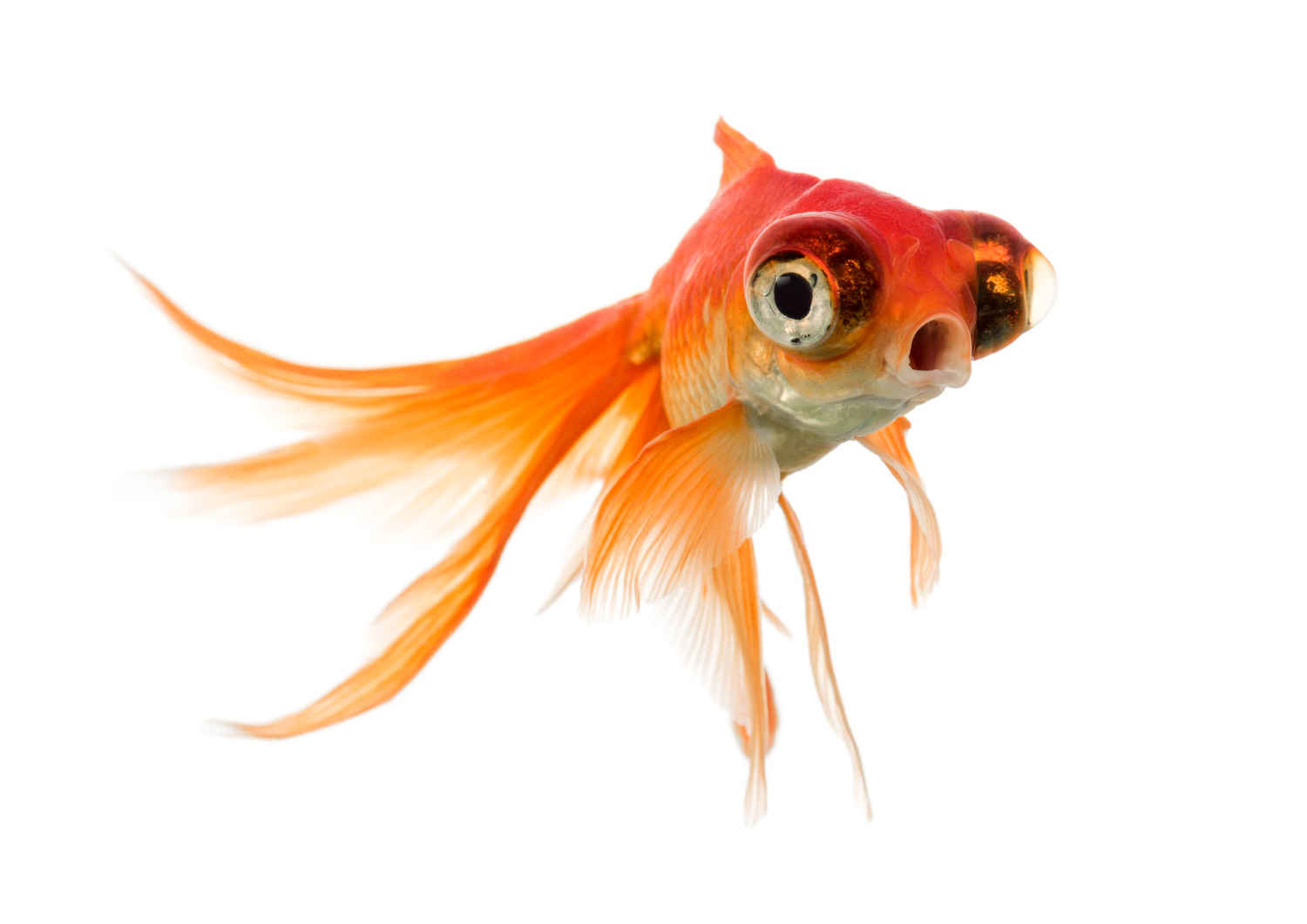If you are a beginner fish owner, it can be difficult to determine if your fish is sick or not. Fish are not like other pets, and they can’t tell you when they are feeling unwell. As a responsible pet owner, it’s essential to learn how to identify the signs that your fish might be sick before it’s too late. In this blog post, we’ll discuss the six most common signs that indicate your fish might be sick, as well as some beginner-friendly tips to help you maintain your fish’s health. So, whether you are a new fish parent or have been keeping fish for a while, keep reading to learn how to spot the signs of a sick fish.
6 Signs Your Fish Might Be Sick: A Beginner’s Guide to Fish Health
Fish are great pets to have, but sometimes it can be hard to tell if they are sick or not. As a beginner fish owner, it is essential to know the signs and symptoms of fish illnesses to keep your aquatic pets healthy and happy. In this guide, we will discuss the six most common signs that your fish might be sick and what you can do about it.
1. Changes in Appearance
One of the first things you might notice if your fish is sick is a change in its appearance. Look out for any discoloration or unusual patterns on the fish’s body. Also, keep an eye out for any bumps or lumps that were not there before. Changes in the fish’s appearance could be a sign of a bacterial infection or parasites.
2. Abnormal Swimming Behavior
If your fish is swimming differently than normal, it could be a sign of a health problem. For example, if your fish is suddenly swimming erratically or seems to be struggling to swim, it could be a sign of swim bladder disease. Other abnormal swimming behaviors include swimming upside down or on its side.
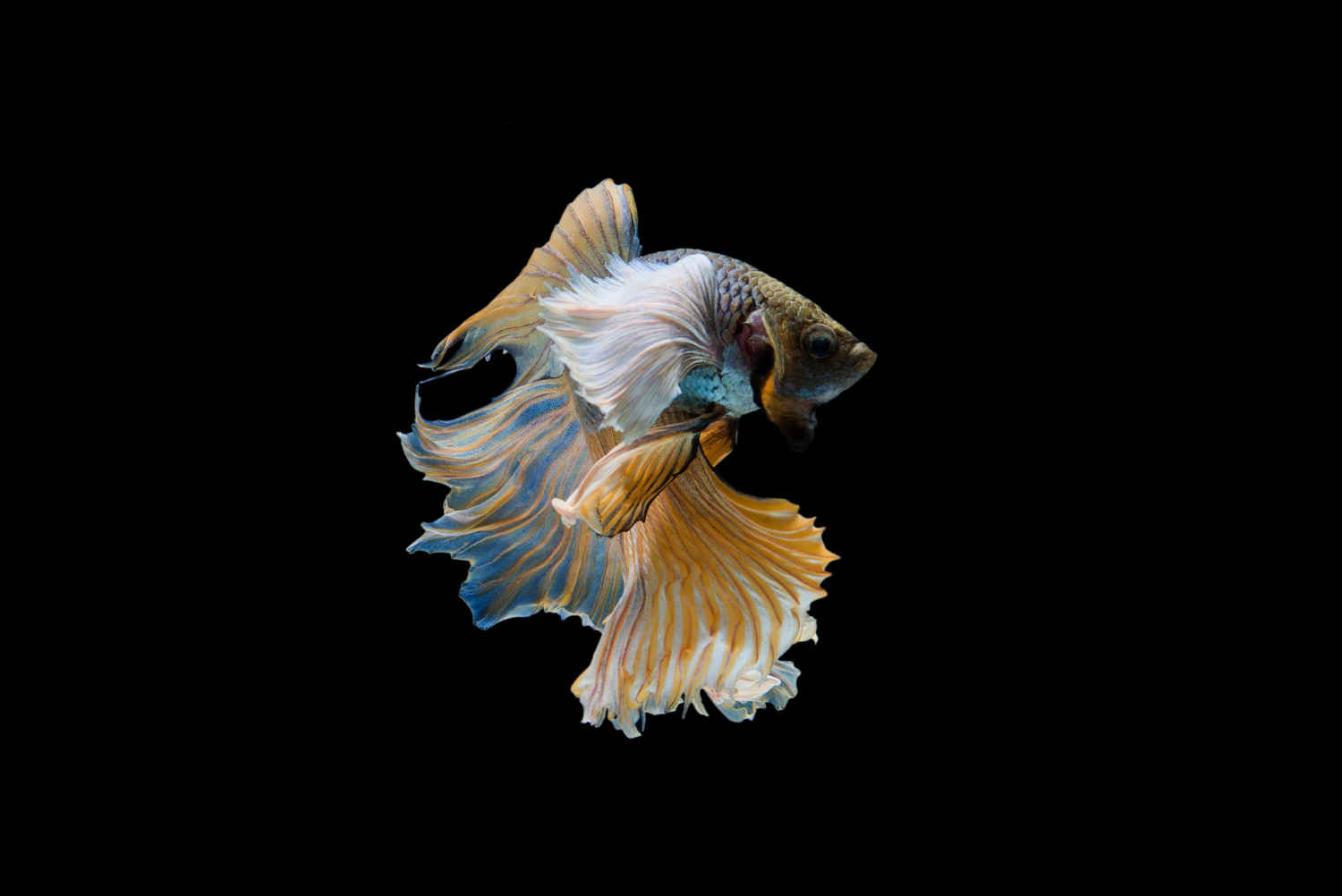
3. Loss of Appetite
If your fish is not eating like it used to, it could be a sign of illness. Fish that are sick often lose their appetite, which can lead to malnutrition and further health problems. If you notice that your fish is not eating, try changing its diet or offering different types of food. If the fish still refuses to eat, there may be an underlying health problem that needs to be addressed.
4. Lethargy
Fish that are sick often become lethargic and spend most of their time resting on the bottom of the tank. If you notice that your fish is not as active as it used to be and is not swimming around as much, it could be a sign of illness. Lethargy can be caused by a variety of health problems, including parasites and bacterial infections.
5. Gasping for Air
If your fish is gasping for air at the surface of the water, it could be a sign of a serious health problem. Fish that are not getting enough oxygen will often do this, and it could be caused by a variety of issues, including poor water quality or gill damage. If you notice your fish gasping for air, test the water quality and make sure it is within the appropriate range for your fish species.
6. Fins Clamped or Torn
Another sign that your fish might be sick is if its fins are clamped or torn. Clamped fins are when the fish’s fins are held tightly against its body, and torn fins are when the fins are frayed or damaged. Both of these conditions can be caused by a variety of factors, including poor water quality and infections.
As a beginner fish owner, it is essential to know the signs and symptoms of fish illnesses to keep your aquatic pets healthy and happy. If you notice any of the above signs, it is crucial to take action quickly to diagnose and treat the problem. Regular water changes and proper feeding habits can also help prevent fish illness. Remember, a healthy fish is a happy fish!
Now that you know the signs of a sick fish, you can take action to help your finned friend get back to good health. Remember to monitor your fish regularly, maintain a clean and healthy environment, and seek professional help if needed. By being attentive to your fish’s well-being and providing proper care, you can help ensure a happy and healthy life for your aquatic pet. Don’t forget, prevention is key, so always be proactive in maintaining a healthy environment for your fish. With these tips and tricks, you can confidently care for your fish and keep them swimming strong for years to come.


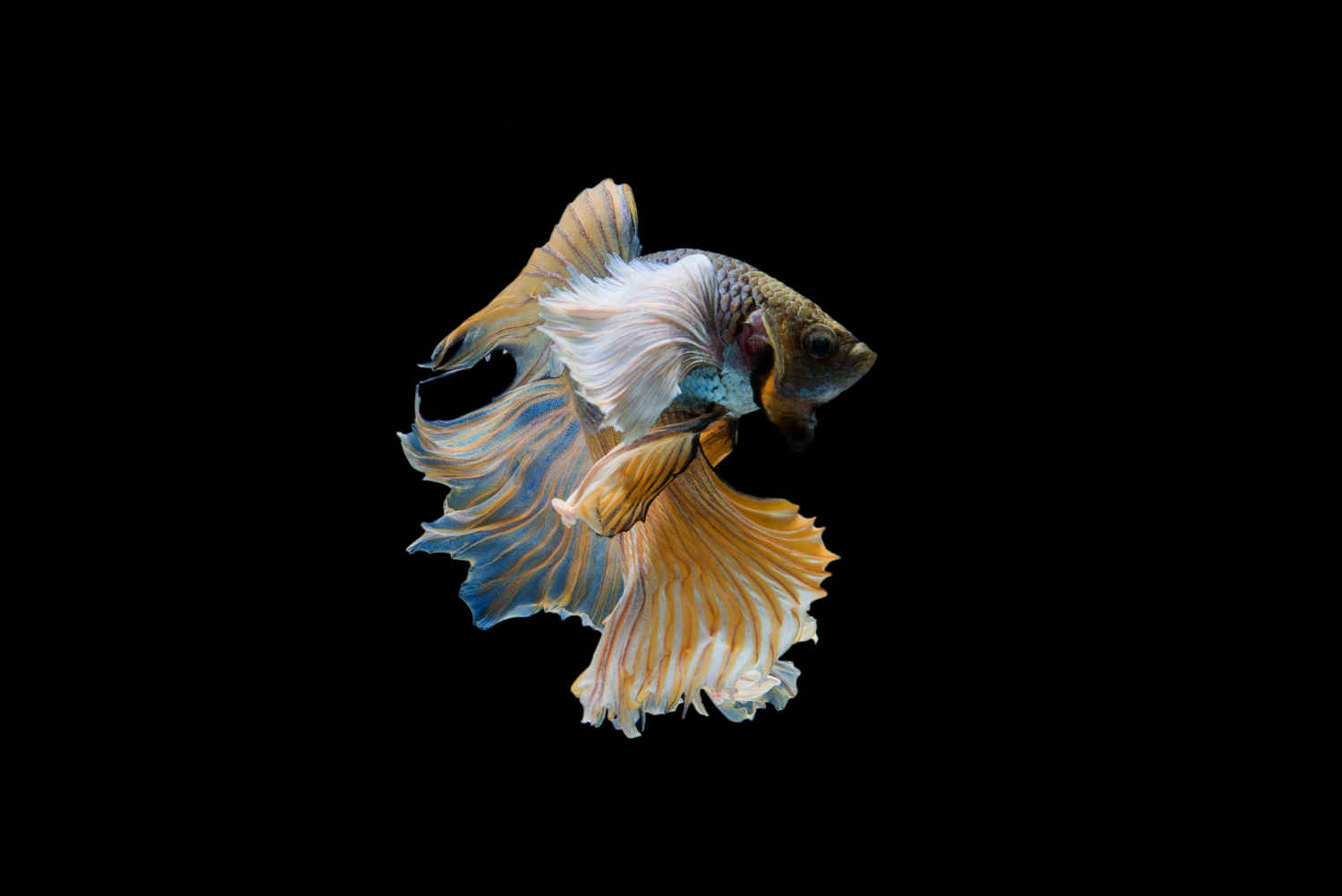
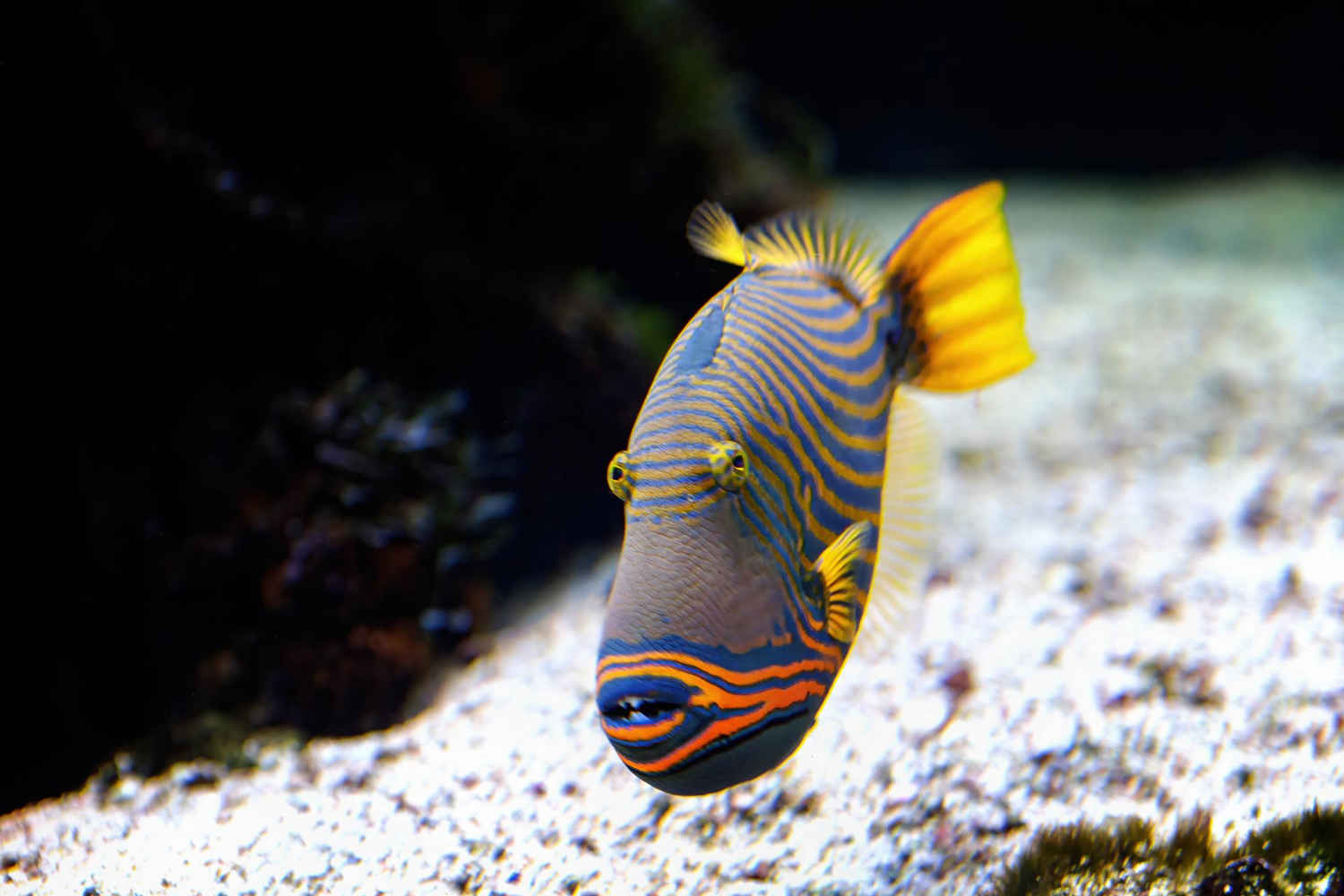
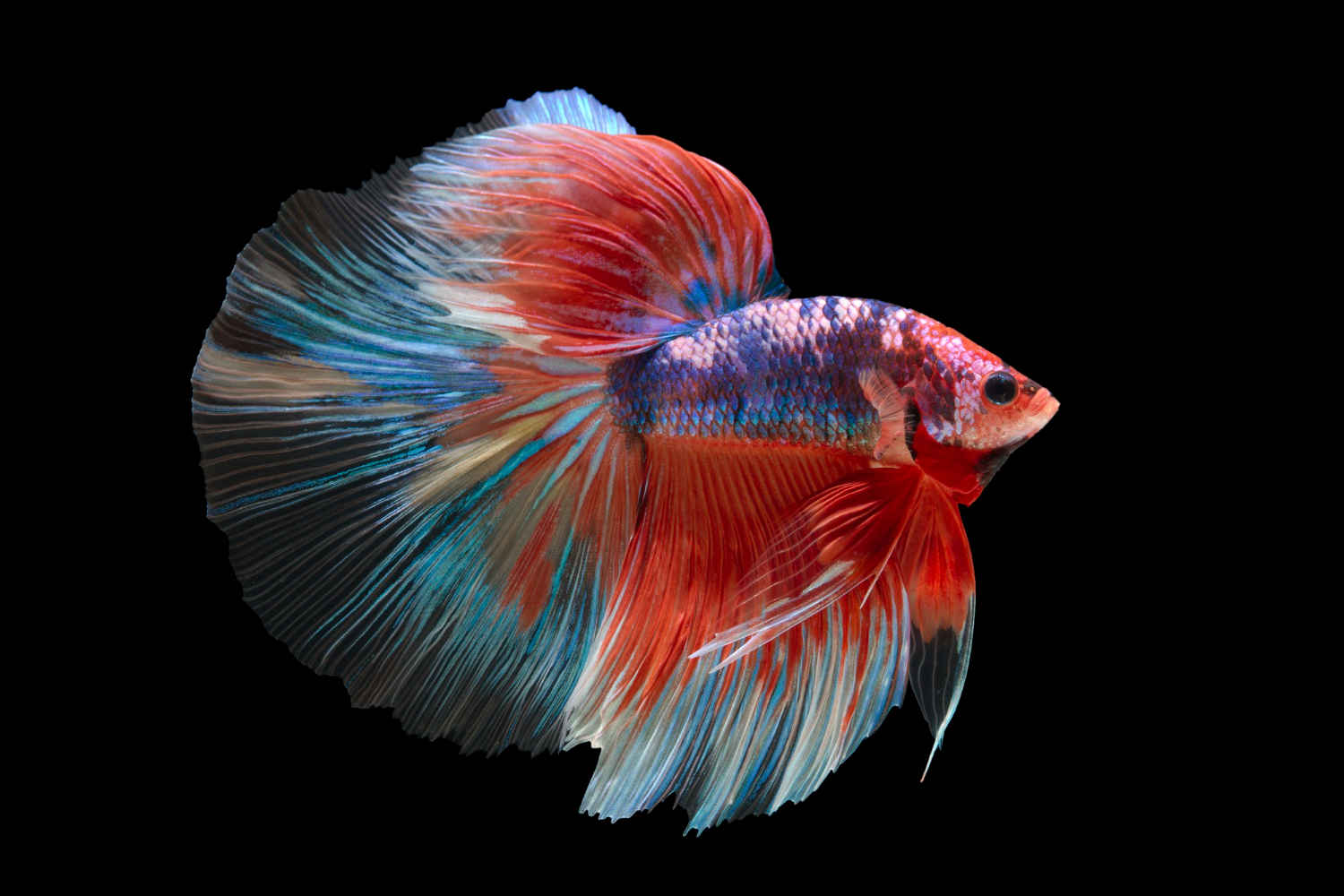

%20-%20Copy.jpg)

